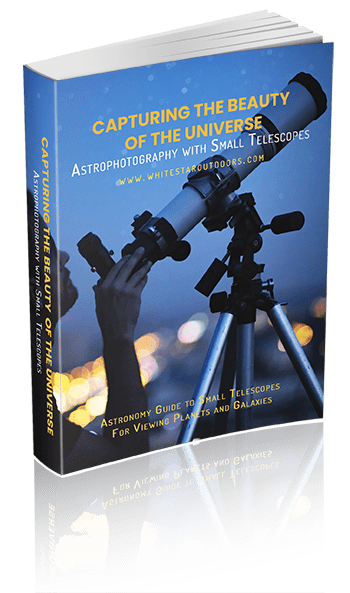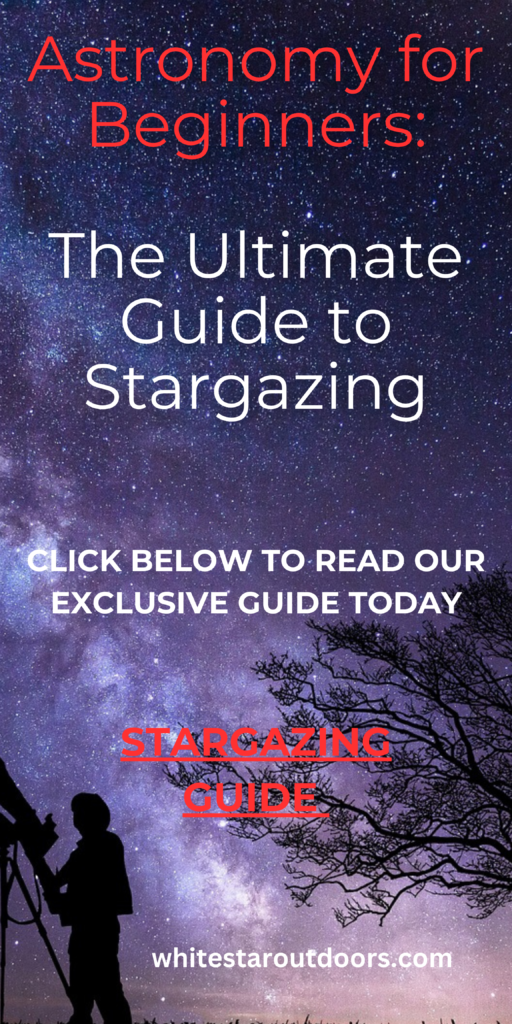Introduction:
In the vast tapestry of the night sky, where stars shimmer, and planets wander. There’s a celestial showdown that has captivated minds for centuries. The discussion of astronomy vs. astrology. As amateur astronomers, we stand on the precipice of thrilling discoveries.
Armed with telescopes and an unquenchable thirst for knowledge. In this article, we will boldly illuminate the distinctions between these two realms, shedding light on why astronomy reigns supreme among the stars and why, as passionate stargazers, we must champion the scientific path.
Astronomy: The Science of the Cosmos
Astronomy isn’t just a pastime. It’s a scientific odyssey that connects us with the universe’s grandeur. I remember my first glimpse of Saturn’s rings through a telescope. It was a moment of pure awe and revelation. This empirical and systematic study of celestial objects, stars, planets, galaxies, and the enigmatic cosmic phenomena is what we live for.
We devote our time to peering into the depths of space. Uncovering secrets of stellar evolution, deciphering the cosmos’ origins, and tracking the heavenly movements that shape our world. For instance, the discovery of exoplanets, planets outside our solar system, has revolutionized our understanding of the universe and the potential for life beyond Earth.

Astrology: A Belief System Based on Zodiac Signs
Now, let’s navigate through the maze of astrology. Astrology holds a place in popular culture, but we must be clear about its nature. It’s akin to navigating by a compass that no longer points north. Astrologers assign meaning to zodiac signs based on constellations.The same constellations that have shifted over thousands of years due to precession.
A slow wobble in the Earth’s rotation that causes the positions of the stars to change over time. That means the zodiac signs in astrology no longer align with the actual positions of the constellations. It’s like trying to use a map from a bygone era to find your way in a modern city.
The Role of Constellations:
To emphasize this point, consider my journey as an amateur astronomer. I’ve spent countless nights stargazing, learning the constellations, which are groups of stars that form patterns in the sky. Charting the courses of stars and planets. But I’ve also encountered astrology enthusiasts who’ve insisted their zodiac signs define their personalities and destinies.
It’s tempting to engage in discussions. But it’s crucial to maintain a grounded perspective. We know that the constellations have shifted, and our astronomy-driven understanding of the night sky is based on current celestial positions.
Critical Thinking for Amateur Astronomers:
As amateur astronomers, we hold the power of critical thinking. It’s not about dismissing personal beliefs or practices but recognizing the distinction between empirical science and belief systems. Astronomy empowers us to explore the universe with evidence-based inquiry. Astrology holds personal or cultural significance for some, it lacks scientific credibility.
Conclusion:
In conclusion, our journey as amateur astronomers takes us to the very heart of the universe, where we seek answers to cosmic questions. Astronomy vs. astrology may share a historical connection through their common interest in celestial objects. However, they differ fundamentally in their approaches and purposes.
Let’s remain steadfast in our pursuit of knowledge, embracing the brilliance of astronomy while respecting astrology’s place as a belief system. By doing so, we continue to explore the wonders of the cosmos. We do this with confidence, clarity, and an unwavering passion for truth among the stars, fostering a spirit of inclusivity and tolerance.





